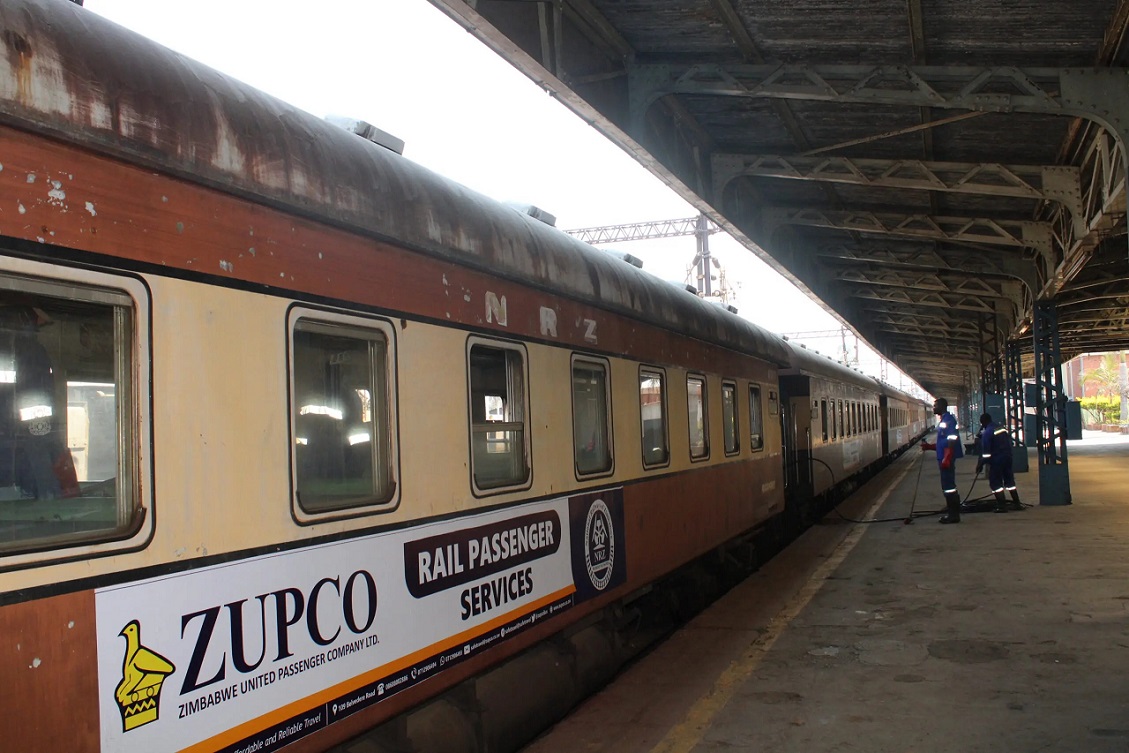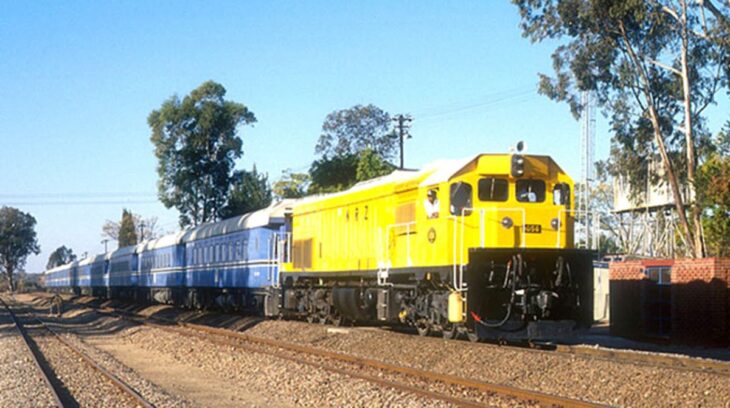The National Railways of Zimbabwe (NRZ) has retrenched 20 workers because of a sharp increase in operational costs .
Employees at the parastatal allege that executives from the five workers’ unions were targeted to be part of the 20 employees who were retrenched last week.
Fears remain that more will lose their jobs as the NRZ streamlines its operations.
The workers are demanding a salary hike of more than 200% and that half of the salaries be paid in hard currency.
The highest paid artisan is reportedly earning below the equivalent of US$200.
A crunch meeting held between management and workers unions over the retrenchments failed to reach an agreement.
Senior management officials at NRZ said the retrenched employees belonged to the general mangers pool which was created for employees without duties to perform.
“The affected employees belonged to what is called the general managers pool which was created for employees that have nothing to do after the restructuring exercise which we just completed.
“Where is the victimisation here?
“These are people who have already been made redundant and as a management team we can’t justify paying people who have been idle.
“One locomotive will never be profitable if it is maintained by 300 artisans. Never,” a manager, who requested anonymity, said.
“At this rate, we were paying people who are not productive and eventually we would fail to pay those who are productive and the obvious would happen.
“People will leave the company or become unproductive. We need to be able to pay productive people and move on,” another manager with the State entity said.
Acting public relations manager Martin Banda said the laying off of the 20 workers was as a result of rising costs and not victimisation.
“Seeking better working conditions cannot be an excuse for victimising and retrenching people. It is a well-known fact that our economy is not doing well and as such everyone has a right to air their grievances at appointed platforms and collective bargain takes its course,” Mr Banda said.
“We are retrenching at present 20 employees who are considered as excess staff and currently sitting in the general manager’s pool.
“This is unfortunate in that initially we had pledged that we were not going to retrench anyone except through natural attrition but due to major changes happening on the market including a rise in operational costs of business such as fuel and foreign currency availability which has been constrained.
“We, therefore, could not continue to have people on the payroll who are redundant.”



